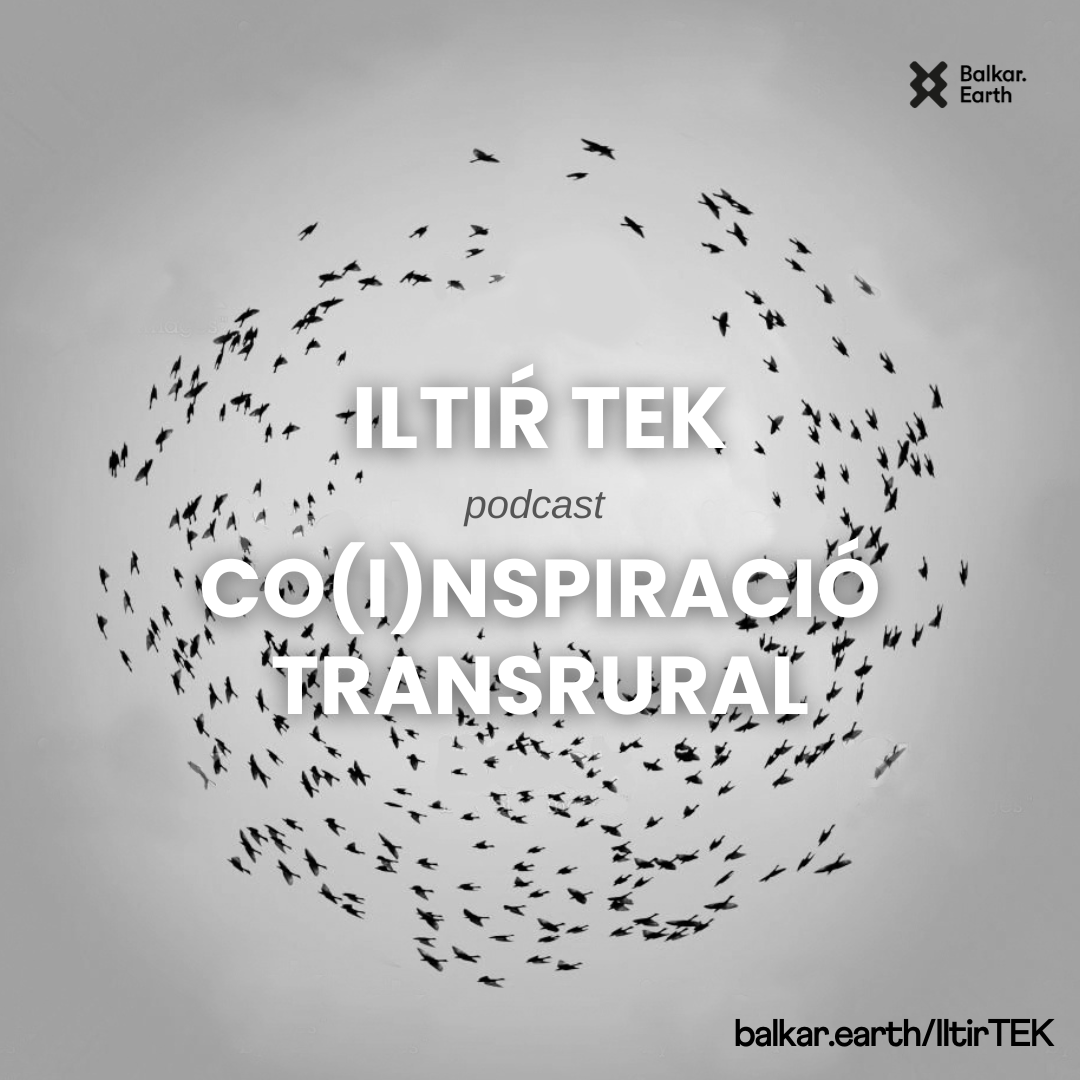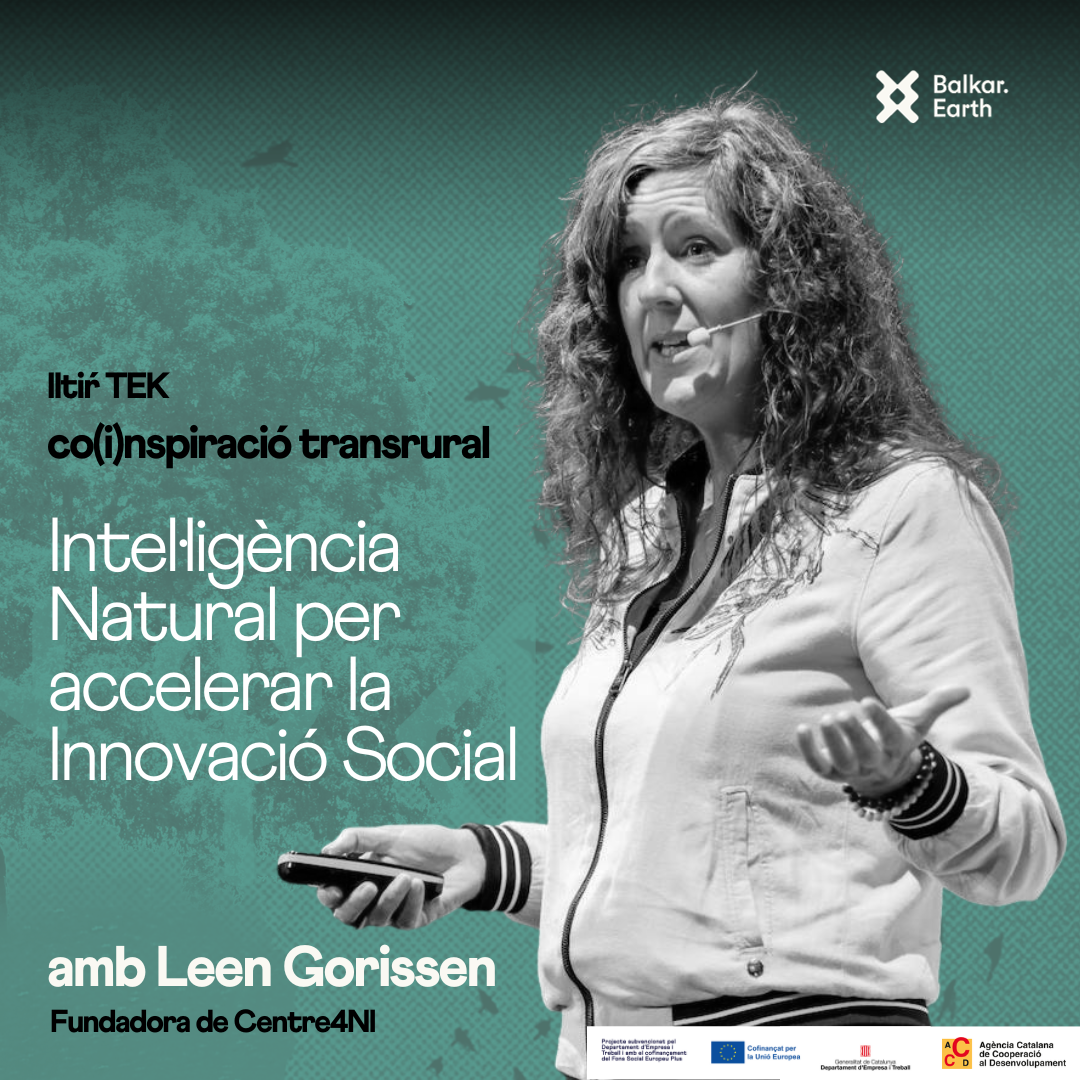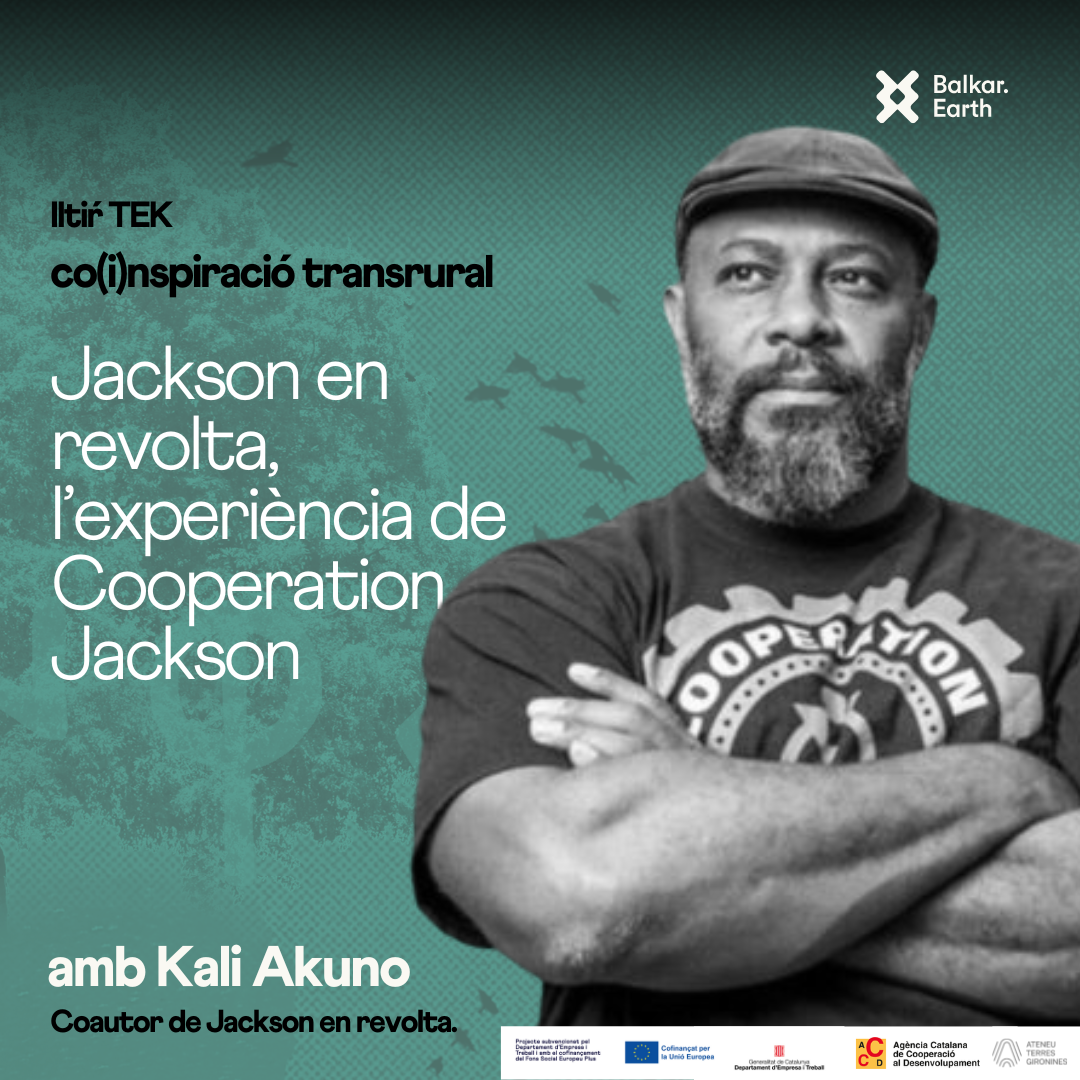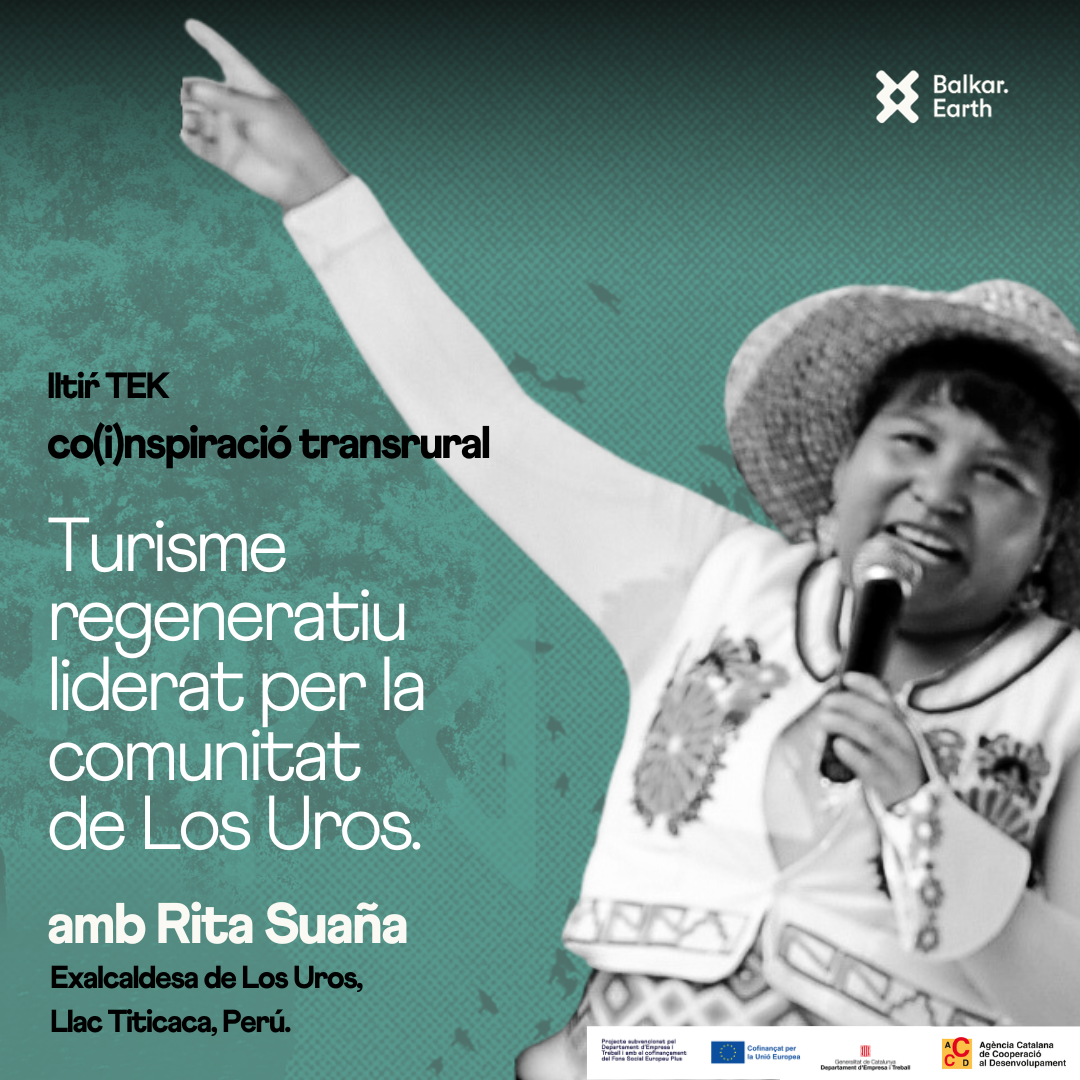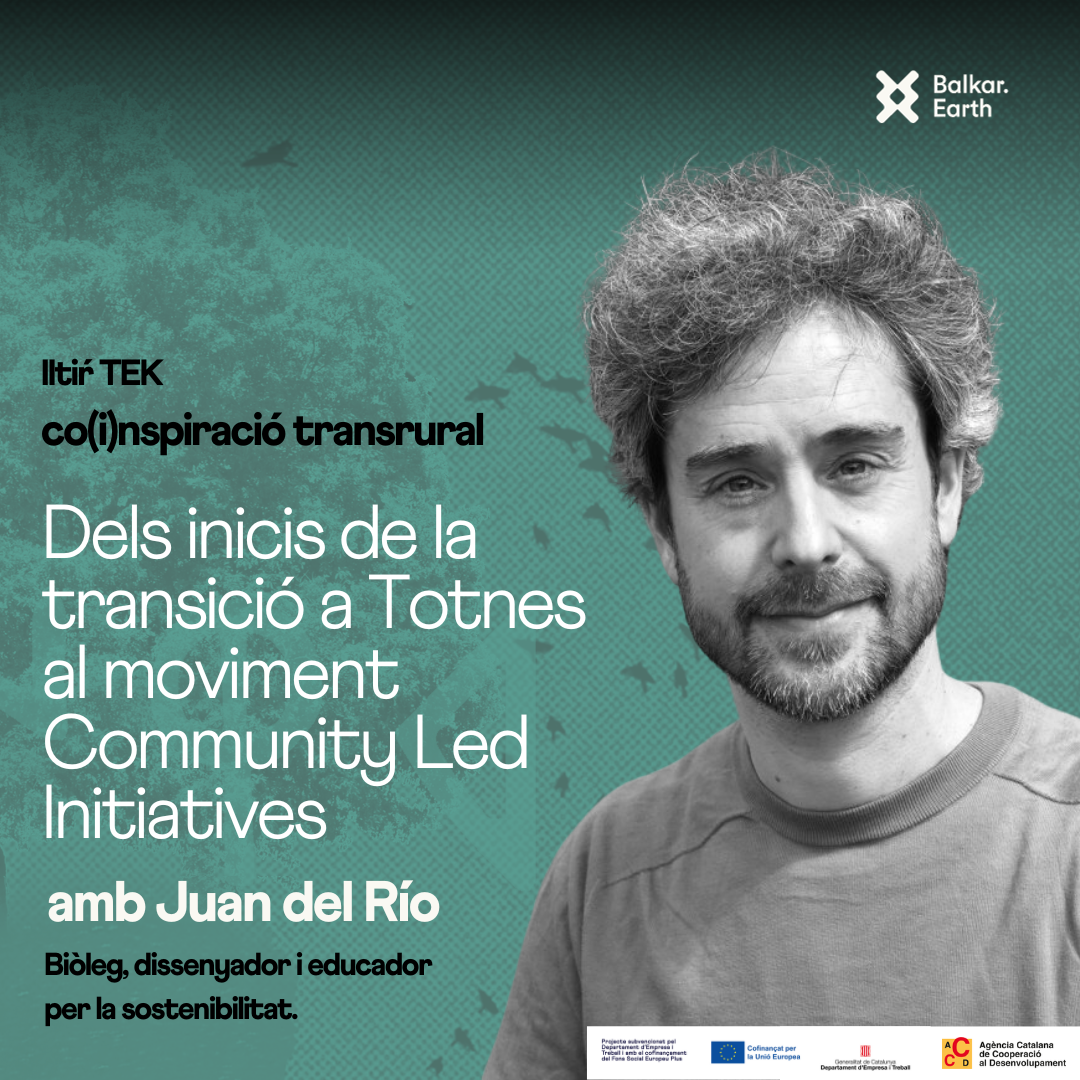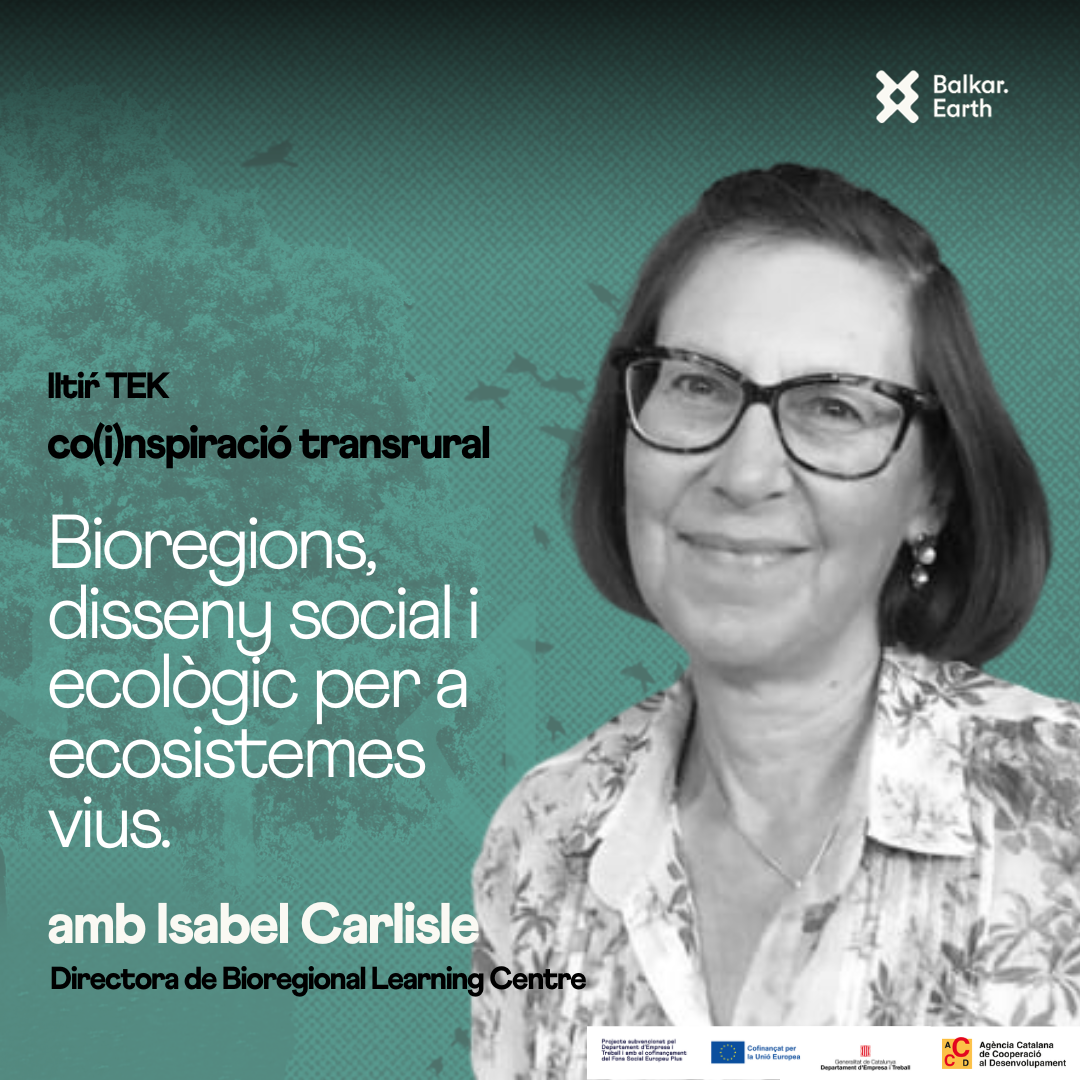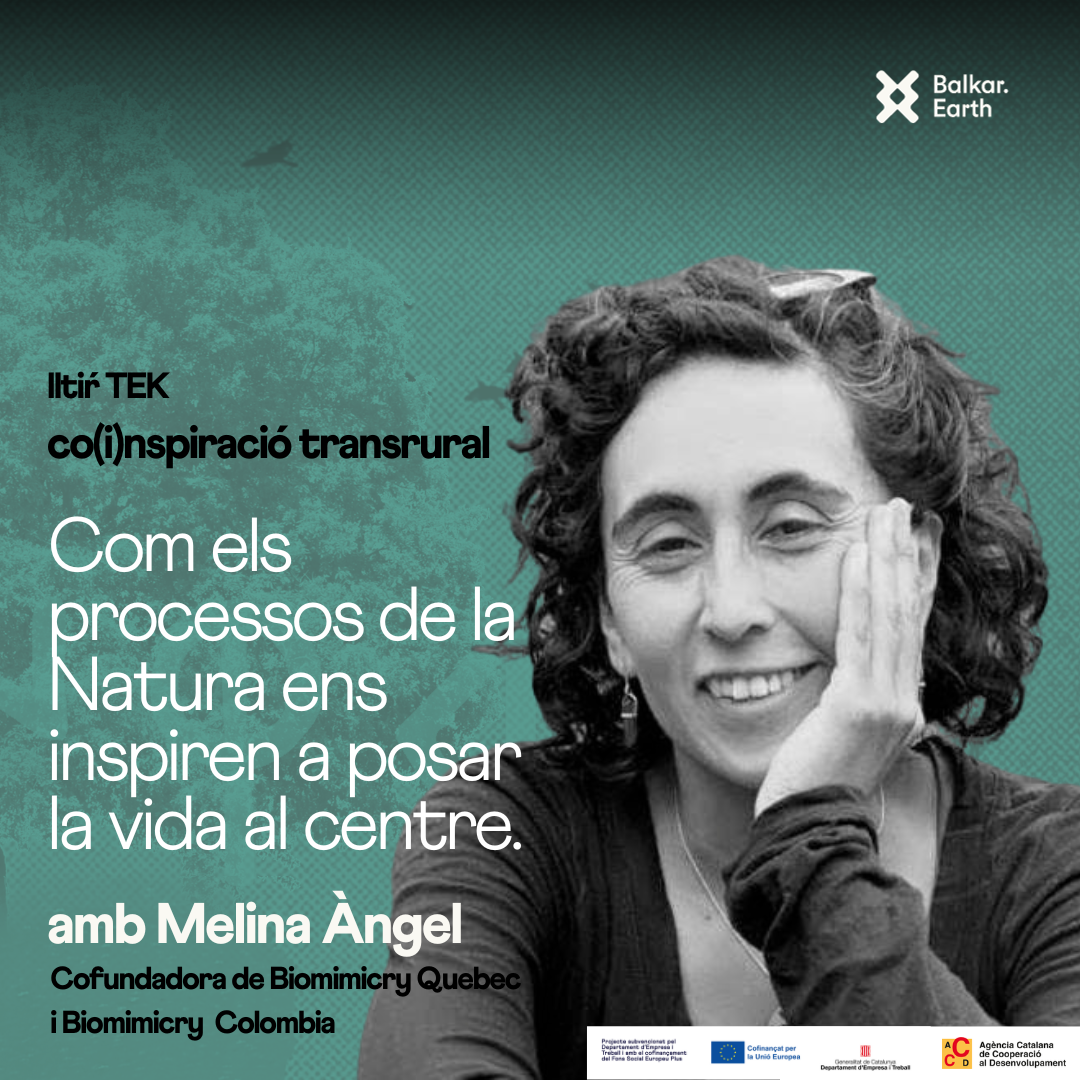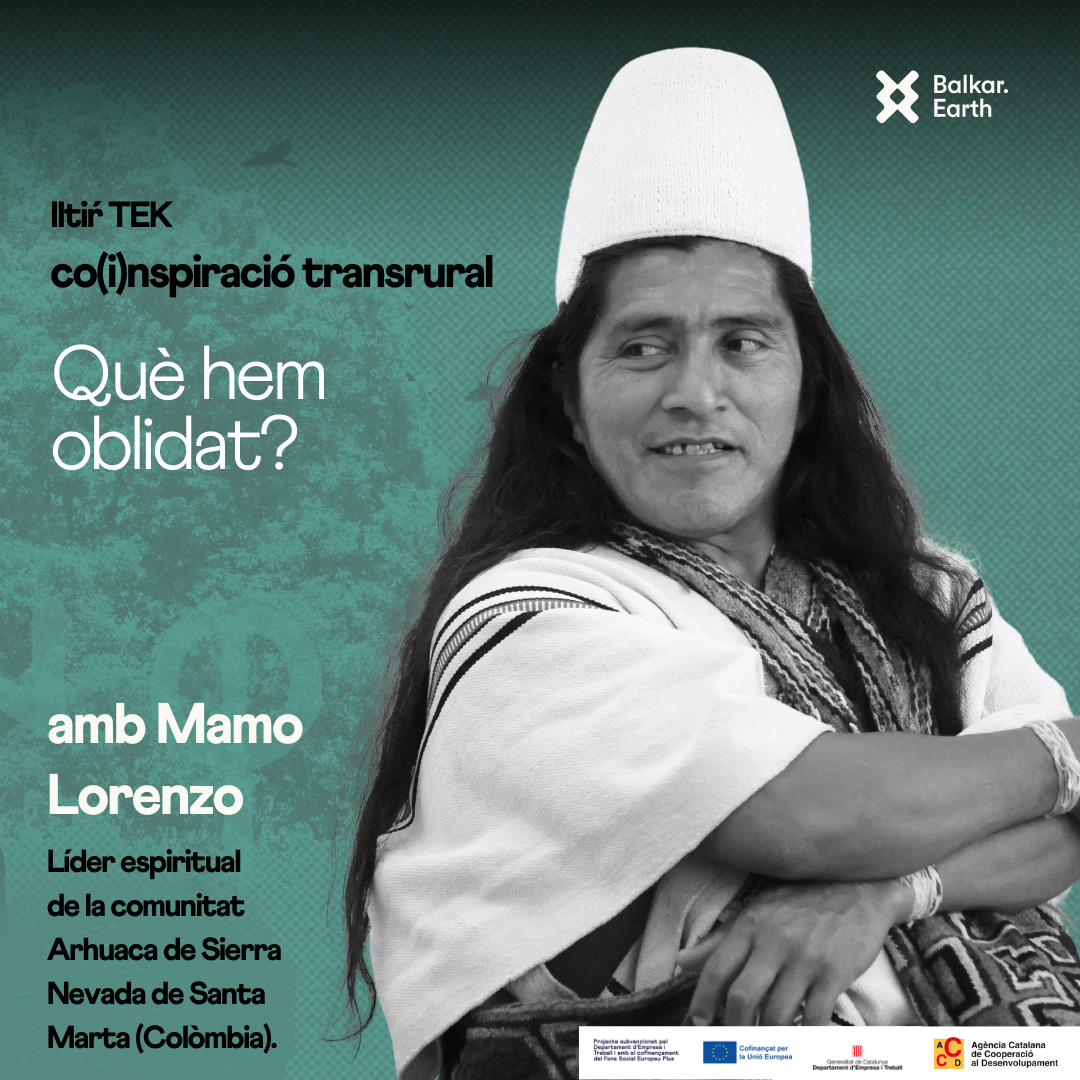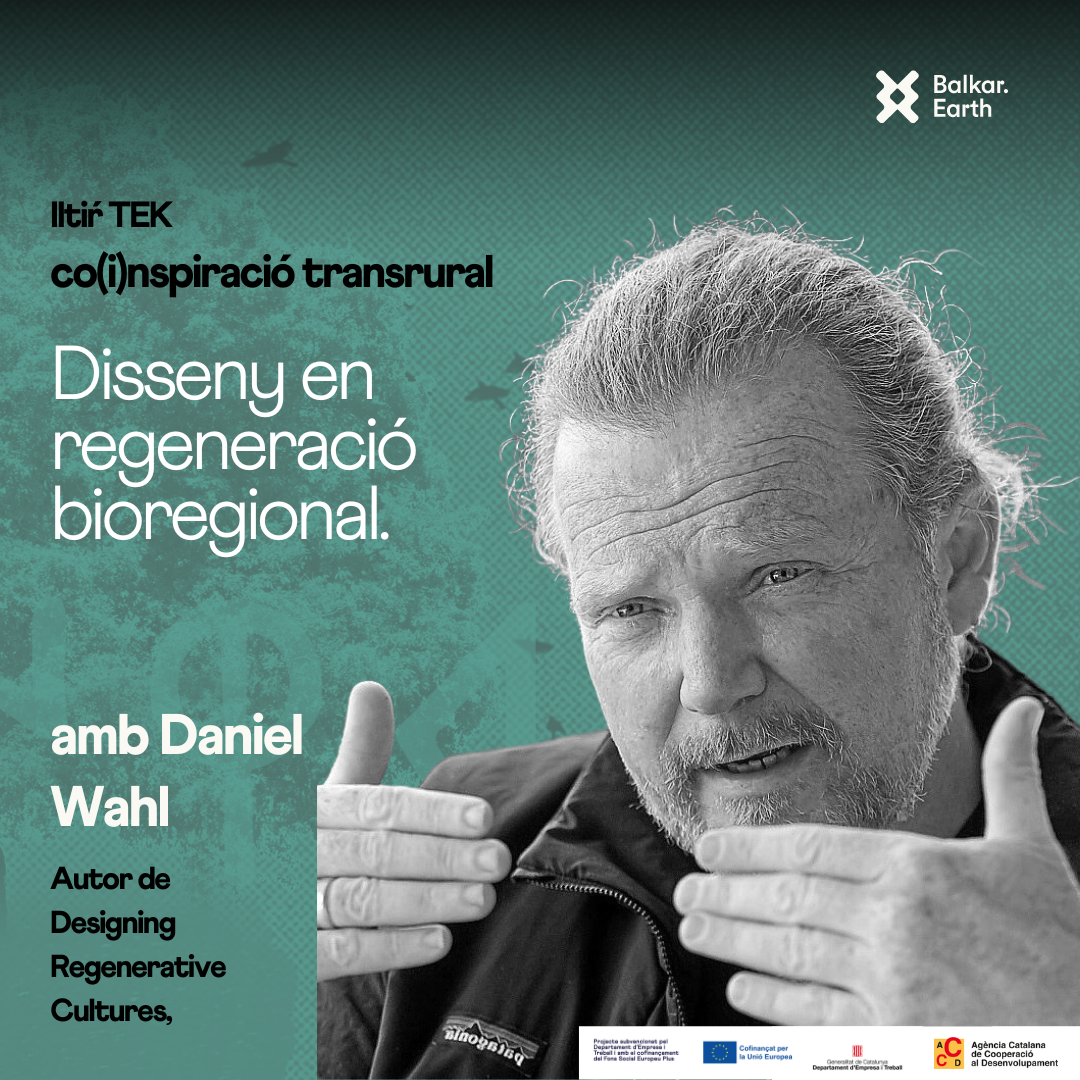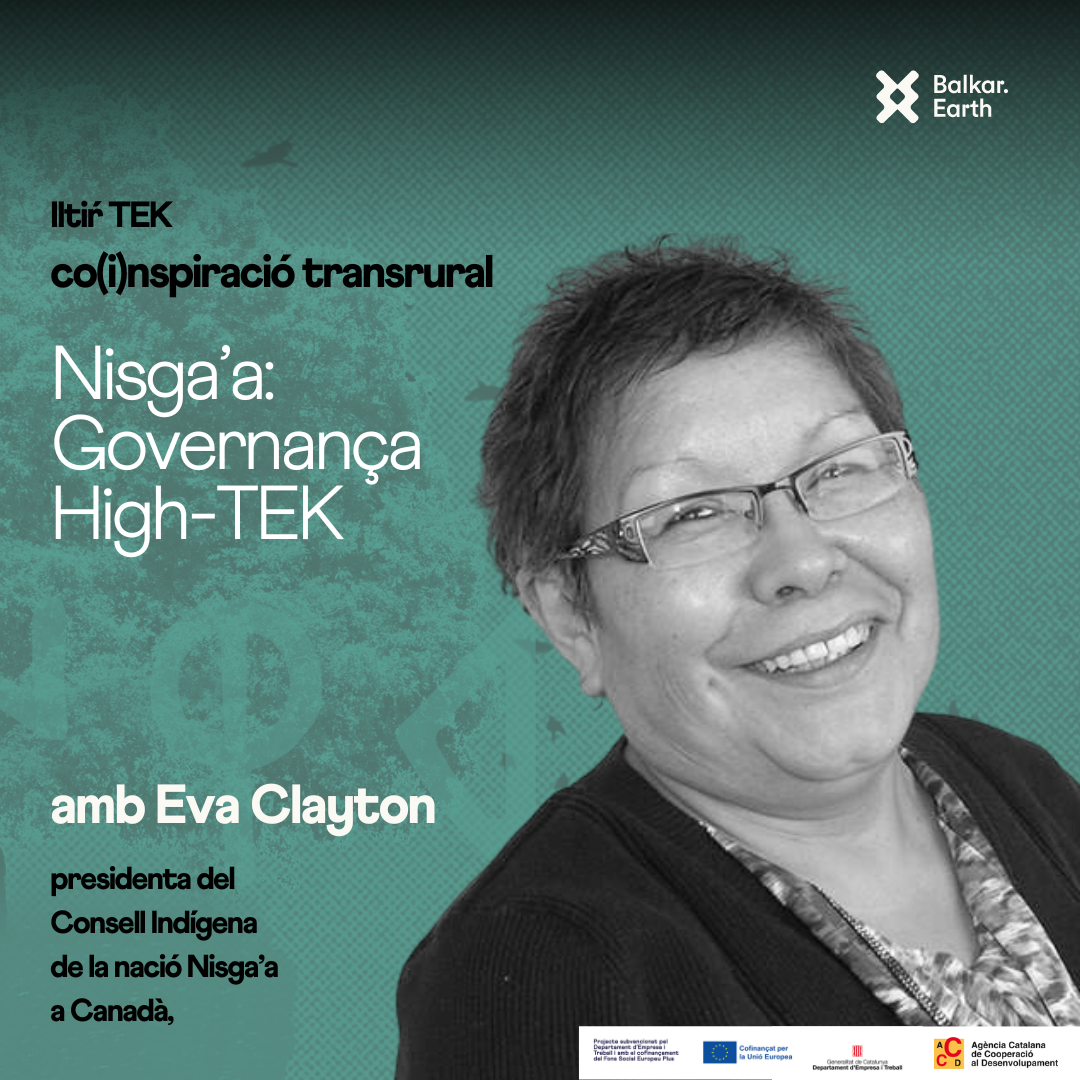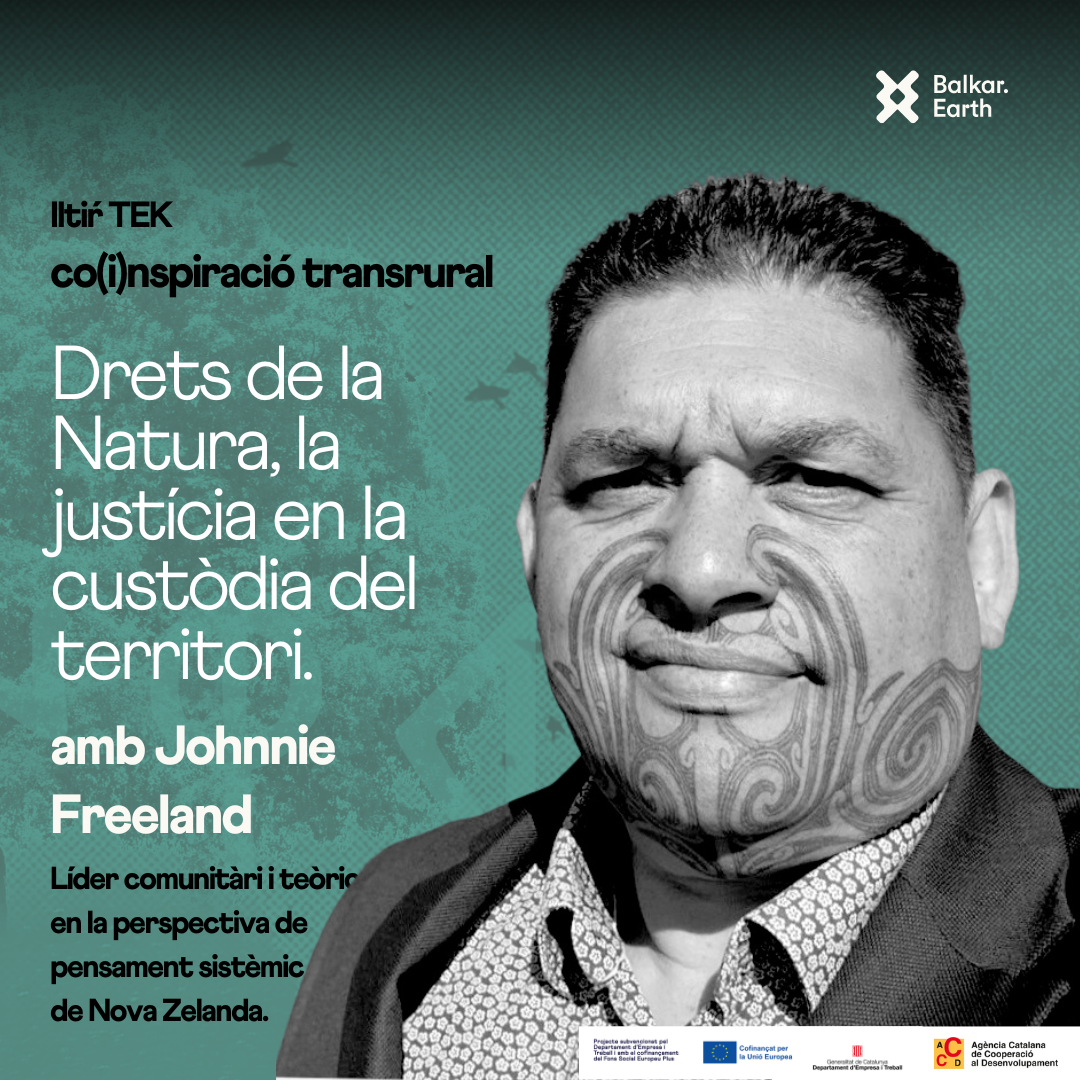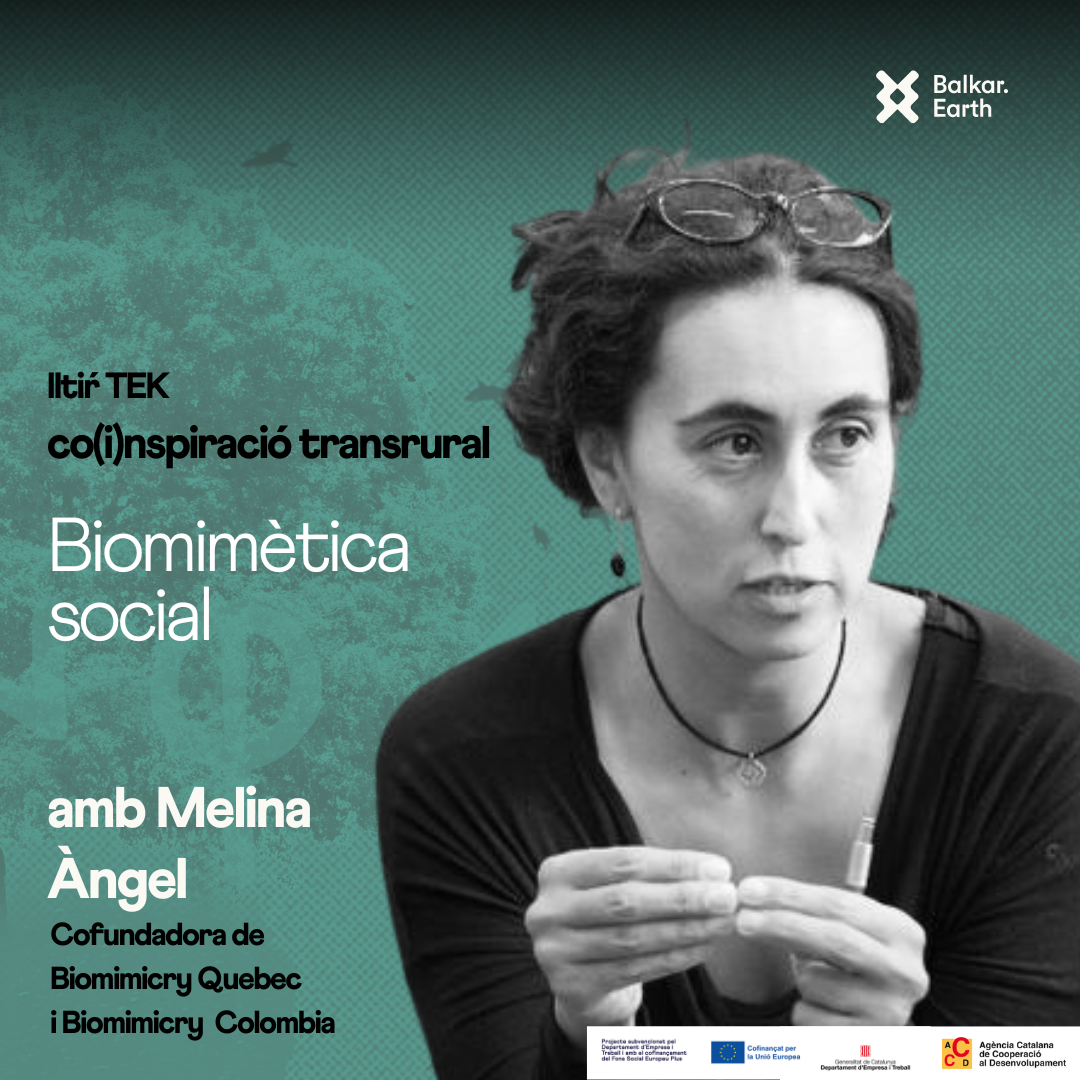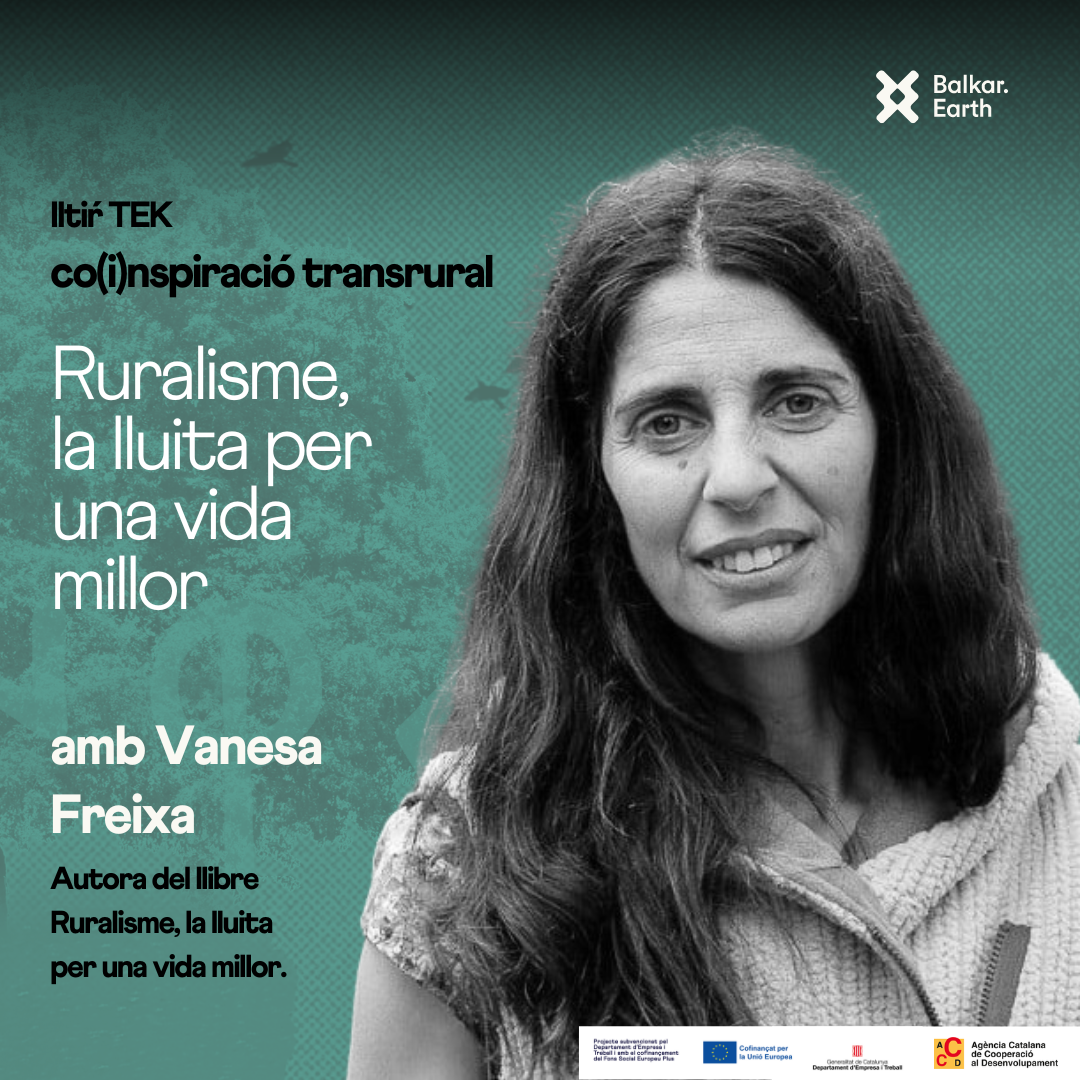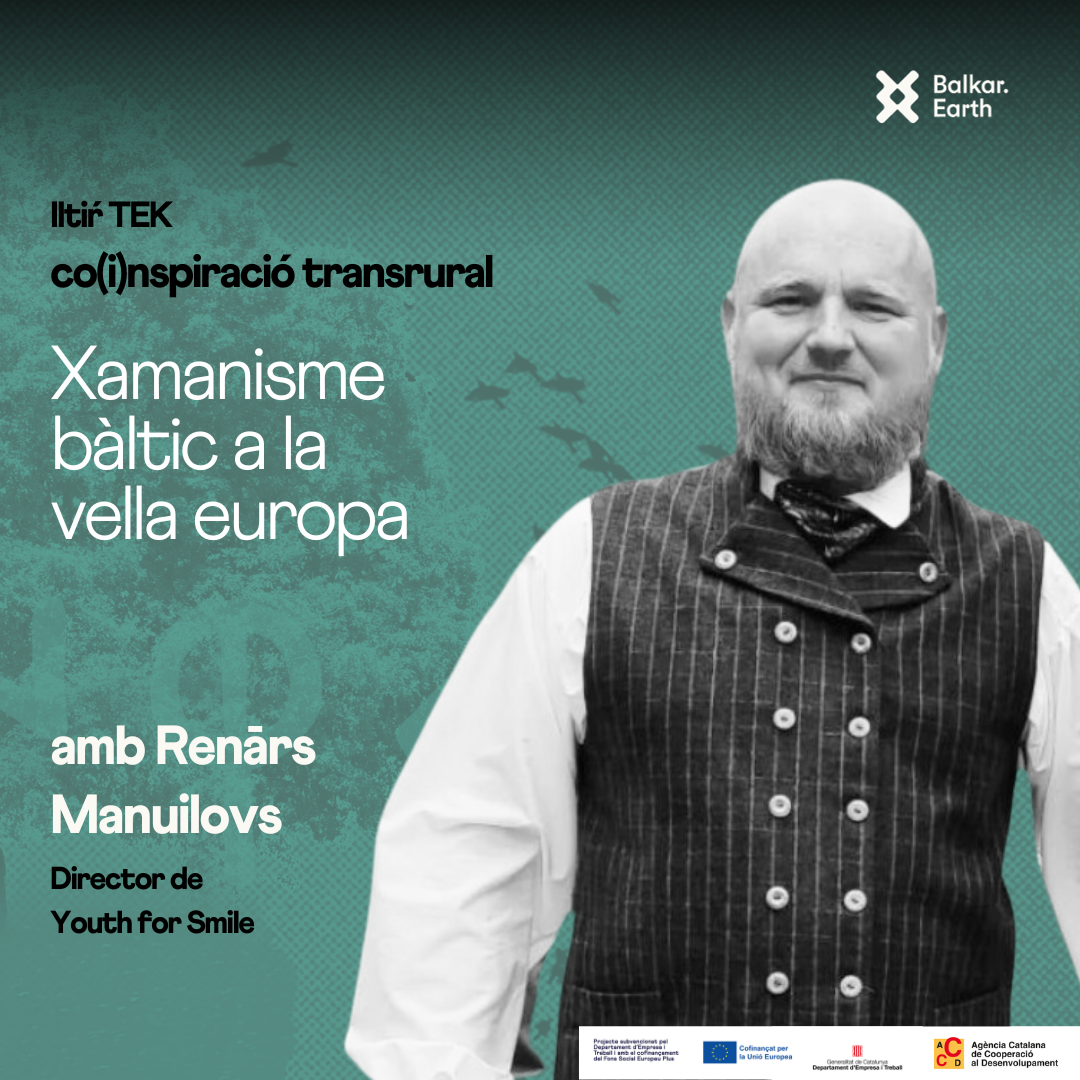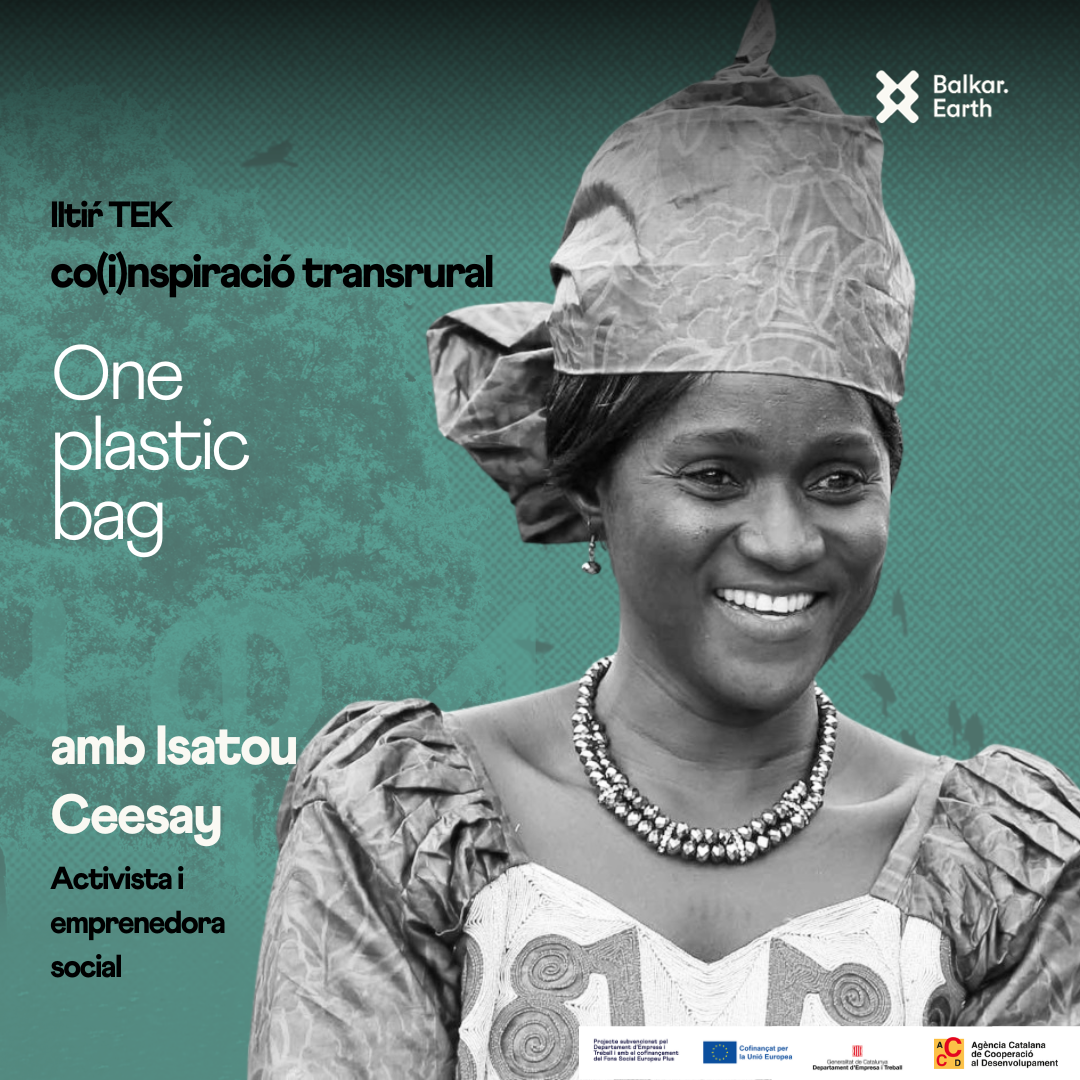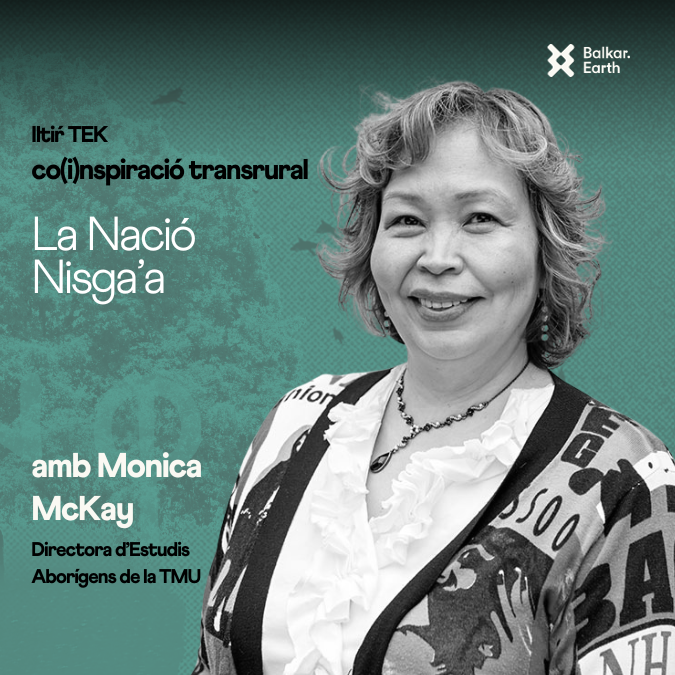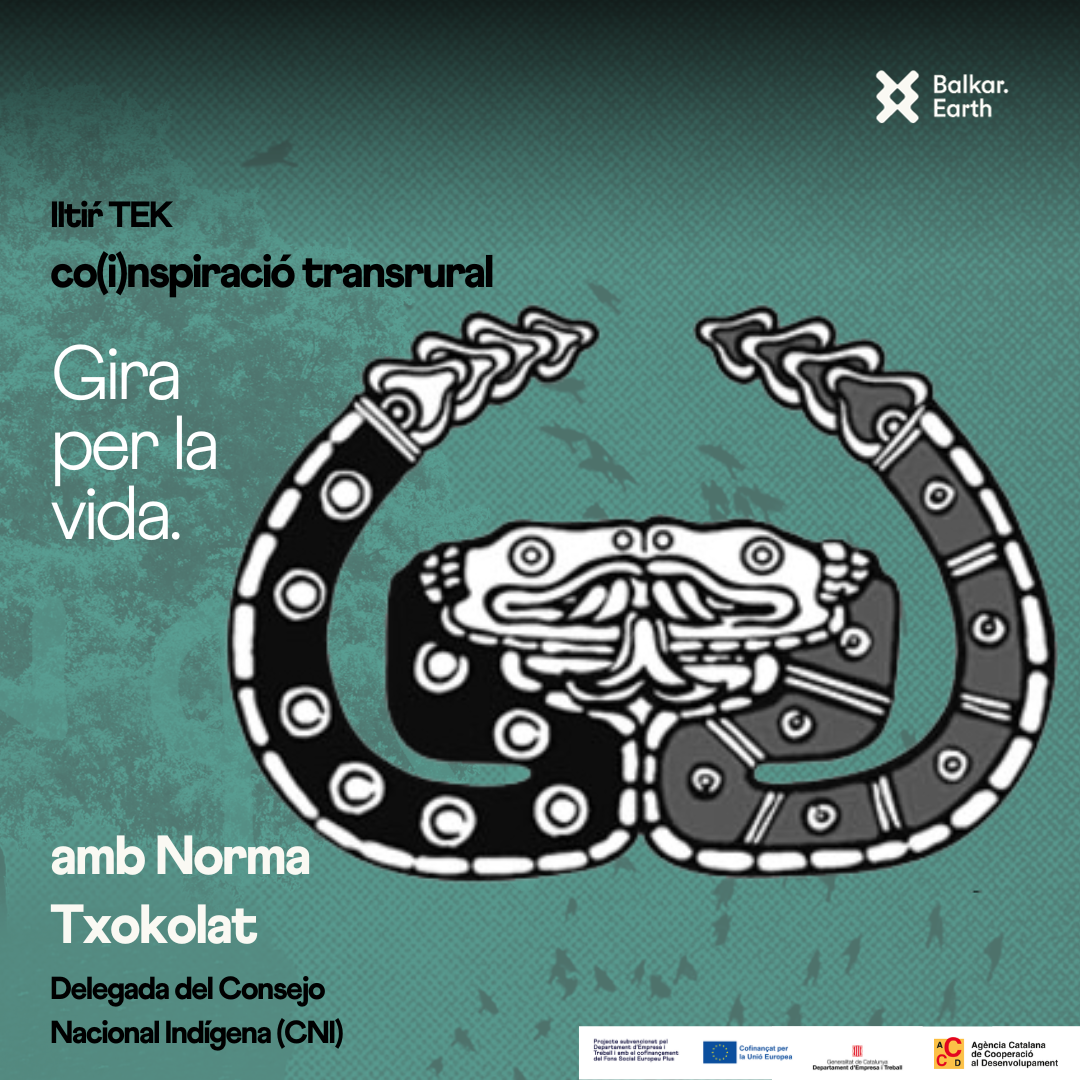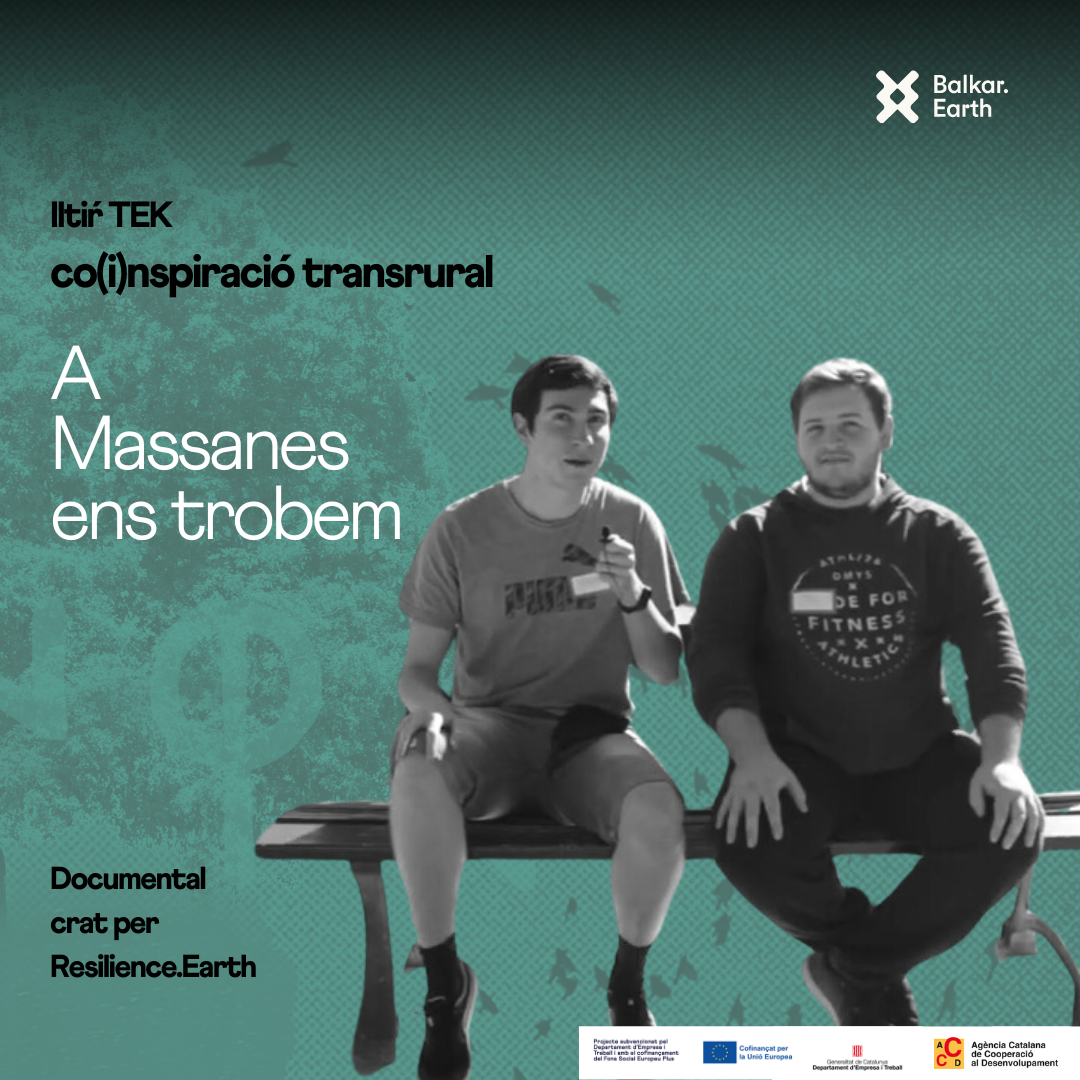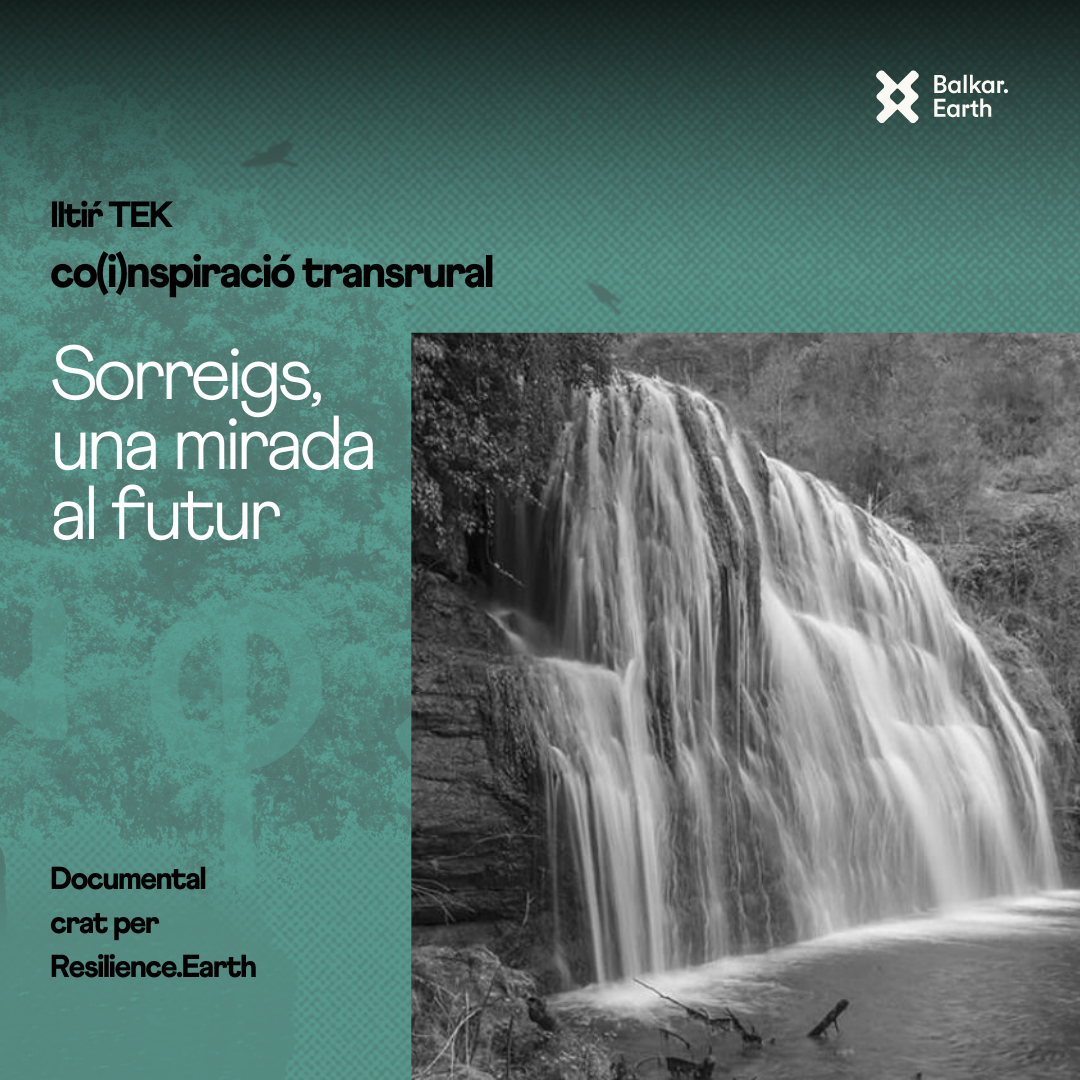lltiŕ TEK
CONVERSATIONS FOR TRANSRURAL CO(i)NSPIRATION
We present a series of conversations with people from rural areas around the world. A space to share between communities, discover worldviews and various forms of regenerative governance.
TEK is the Traditional Ecological Knowledge and refers to the continuous accumulation of knowledge, practices and beliefs about the relationships between living beings in a specific ecosystem that indigenous peoples acquire over hundreds or thousands of years.
Leen Gorissen is author of the book ‘Building the Future of Innovation, on millions of yeras of Natural Intelligence’ (2020) and founder of Centre4NI, a project that helps organizations and companies innovate as nature does. Thought leader on Natural Intelligence, practitioner of regenerative design and facilitator of business innovation processes.
Kali Akuno is co-author of “Jackson in Revolt. The Struggle for Economic Democracy and Black Self-Determination in the Southern United States.” We spoke with him to learn about Cooperation Jackson, a cooperative experience promoted in the North American population of Jackson, guided by the axes of anti-racism and the social and cooperative economy.
Rita Suaña is a former mayor of the floating islands of Los Uros, on Lake Titicaca, in Peru. Her original community is closely linked to tourism, and from an indigenous governance model they have made regenerative community policies. We will learn about her example in a conversation with the first female mayor of the town of Los Uros.
Listen to Rita Suaña by clicking here.
Juan del Río is a biologist, designer and educator for sustainability, in the book ““Guide to the Transition Movement” invites us to explore the what, why and how of the transition process towards a more sustainable, just and happy life. Totnes, in the United Kingdom, was the first town to sow the seed of the “Transition Towns” network with sustainable development projects at different scales. The movement has evolved and with the help of Juan del Río we will discover the Community Led Initiatives that can now be found all over the world.
Listen to Juan del Río by clicking here.
Isabel Carlisle is director of the Bioregional Learning Centre. We talk to her about bioregions.
Melina Àngel is co-founder of Biomimicry Quebec and Biomimicry Colombia, with whom we talk about social biomimicry.
Mamo Lorenzo is the spiritual leader of the Arhuaca community of Sierra Nevada de Santa Marta (Colombia) .
Daniel Wahl is internationally recognized for his approach to the need to create regenerative cultures and communities adapted to the unique biocultural conditions of each territory. With him we will discover the Regenerative design applied to bioregional work.
Eva Clayton She is the President of the Indigenous Council of the Nisga’a Nation in Canada, the first people to achieve a treaty of autonomy and self-governance after colonization. She will inspire us with how her nation’s TEK (traditional ecological knowledge) nurtures community relationships and their bioregional territory.
Johnnie Freeland is a son of the Te Urewera indigenous community on his mother’s side and Tāmaki Makaurau on his father’s side, in Wanganui River, New Zealand. With him we will talk about the rights of nature as strategies for the stewardship of our territories, from rural areas.
Melina Àngel is co-founder of Biomimicry Quebec and Biomimicry Colombia, facilitator and designer of organizational and community processes, Biomimicry Professional, evolutionary biologist and teacher.
Vanesa Freixa is the author of the book Ruralism, the fight for a better life and is dedicated to the creation and generation of critical thinking about rurality. She was a co-founder of the Obrador Xisqueta association and the Escola de Pastors de Catalunya, where she was director from 2009-2016. With her we explore what “rural” means and what our role is as ruralities within the national territory, in a historical moment like the current one.
Renārs Manuilovs is the director of the NGO Youth for Smile in Latvia and a member of the pagan community. We talk to him about his community.
Isatou Ceesay is daughter of N’jau in Gambia, from a very young age she defines herself as a social and environmental activist. She started a movement called One Plastic Bag Through this movement, a whole community of women in Gambia was formed that would transform plastic waste into useful products that could be marketed. This idea is still a reality, Isatou currently works with more than 11,000 people and has co-founded the association Women’s Initiative Gambia.
Norma Txokolat is Delegate of the National Indigenous Council (CNI) and visited us during the Tour for Life in March 2021 along with a delegation of Zapatistas. We talked with her about the idea of community in the indigenous peoples of Mexico.
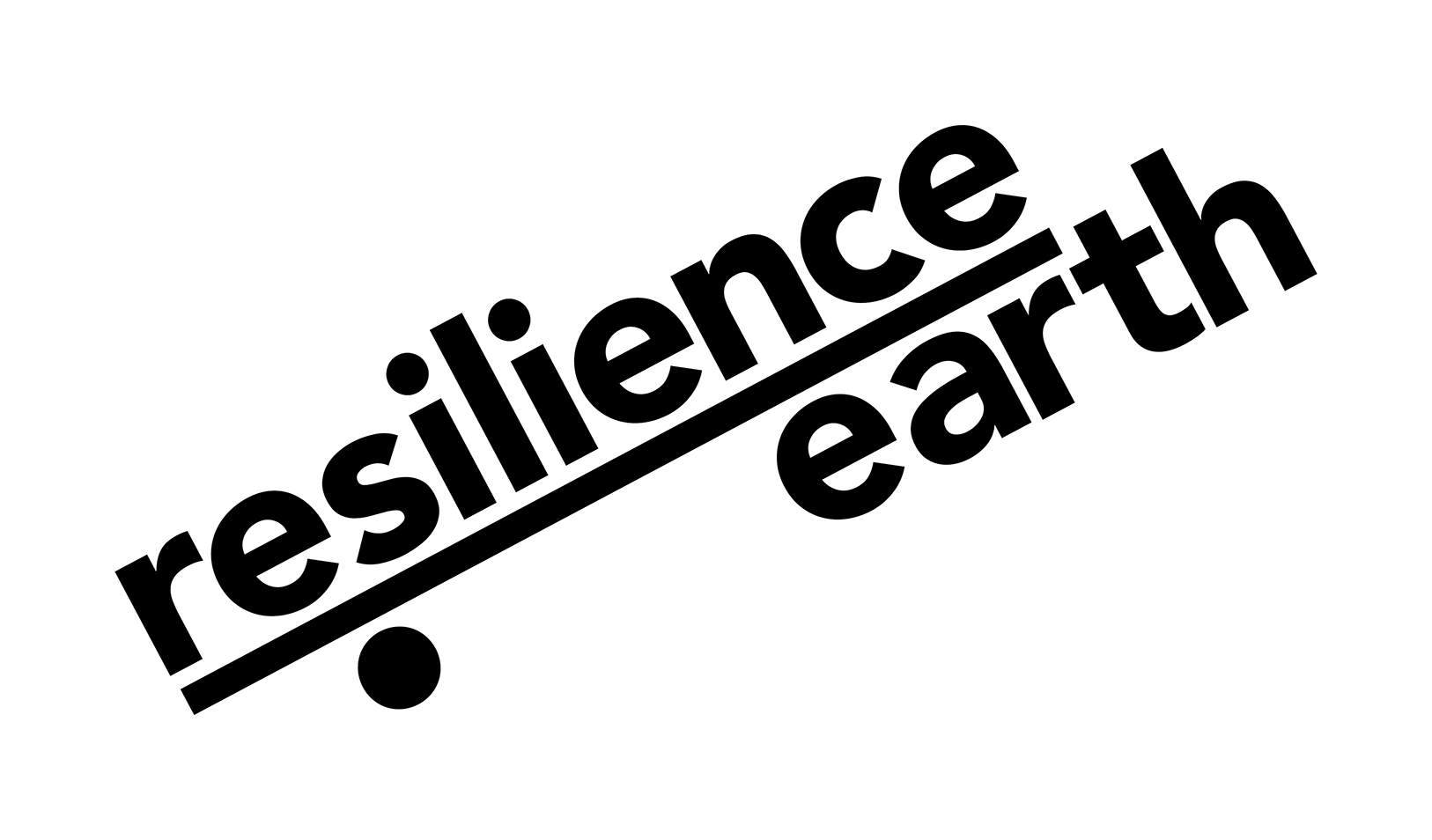


Project subsidized by the Department of Business and Labor and co-financed by the European Social Fund Plus



